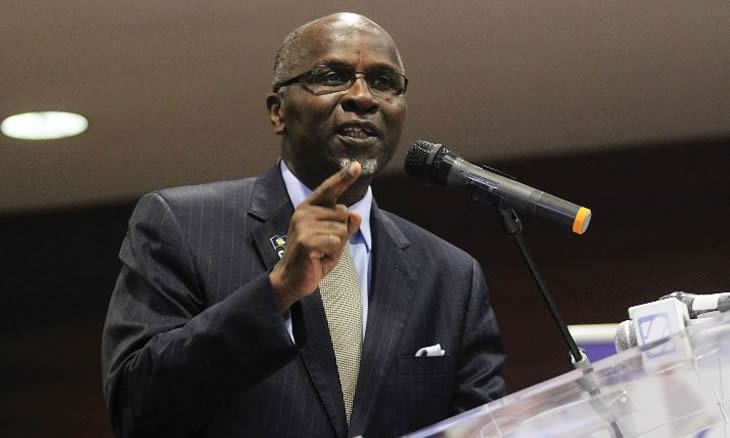Mozambique: Malaria killed 16 since January in Tete province
Close down poor quality universities – Tomaz Salomão in Songo

O País
Mozambique’s former finance minister, Tomaz Salomão, on Friday urged the closure of under-performing universities, according to a report in Monday’s edition of the independent daily “O Pais”.
Addressing a conference organised by Hidroelectrica de Cahora Bassa (HCB), the company that operates the Cahora Bassa dam on the Zambezi, at the dam town of Songo, Salomão noted how institutions of higher education have sprung into being in recent years, but often without the slightest chance of training skilled staff appropriately.
Under the previous government, led by President Armando Guebuza, universities were set up all over the country, and not many questions were asked about their quality.
For Salomão, however, some of the newer universities were worthless. “They don’t have libraries, they don’t have laboratories, but above all, where are the teachers?”, he asked. “We forget that we aren’t training cadres just to serve the country, but also to compete in the region, in the continent and in the world”.
Salomão, who is also a member of the Political Commission of the ruling Frelimo Party, recalled that a few days ago the Minister of Higher Education, Jorge Nhambiu, had told him of the deplorable state of some of these universities and asked what he should do.
“I told him ‘Mr Minister, close them down! If you want my opinion, close them’”, declared Salomão.
He also criticised fraud in the universities, noting that in some of them end-of-course dissertations are sold. “We are forgetting basic things”, said Salomao. “We are sowing the death of the nation. To kill a country, you don’t need a nuclear bomb. Killing a country starts here – by training people badly”.
Worse still, people who cheated their way to a degree would not accept that their degrees are meaningless. “Even though somebody may have purchased his diploma, he’s not going to accept me standing in front of him and saying ‘you bought your degree!’. No, nobody’s going to accept that”.
Salomao also denounced the waste of money on baubles such as Provincial Assemblies, while there is no money available to improving the training of teachers for primary schools. The problem of poor quality does not start in the universities, but in the primary schools, he said, and that could only be solved, not merely by building more schools but by training teachers better.
“Which is better”, he asked, “between paying teachers properly and setting up provincial assemblies that only waste money?”
The provincial assemblies were put into the 2004 Constitution as a sop to the rebel movement Renamo. Without these assemblies, Renamo would not have voted for the amended constitution, and it would not have been passed, since constitutional amendments require a two thirds majority in the country’s parliament, the Assembly of the Republic.
Salomão is now expressing what many Frelimo parliamentarians felt at the time – that the provincial assemblies are useless ornaments that are just a drain on the public treasury. They have next to no powers, but provide an income for hundreds of people, many of them from Renamo.
For Salomão, the appropriate stage for decentralisation was the municipalities, and not the provinces. “What do the members of the provincial assemblies do?”, he asked. “We have municipal assemblies, which is fine for deepening democracy and decentralisation. We have representatives of the people in the national parliament, who go to the provinces where they were elected, and inspect the government’s work there”.
But what was the purpose of provincial assemblies?, he asked – “and then we say we don’t have the money to pay the teachers”.













Leave a Reply
Be the First to Comment!
You must be logged in to post a comment.
You must be logged in to post a comment.